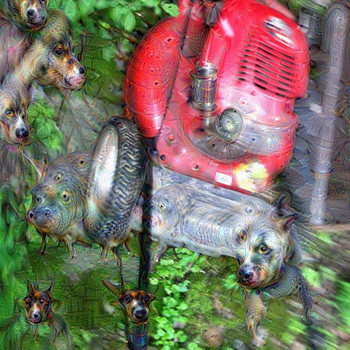Does nuclear fission create chain reactions?
1 Answer
Not always, but fission can create chain reactions.
Nuclear fission takes place naturally in many materials. Isotopes of materials like radium, uranium, and plutonium naturally split and decay into other elements. The nucleus of these elements can just spontaneously split into two or more parts and becomes different elements.
Actually, all elements have some known unstable isotopes. The ones listed above are just common ones you probably already recognize as radioactive.
Fission can also take place when a particle hits the nucleus. The addition of a neutron can make the nucleus more unstable. If another atom decayed and produced this neutron, then the fission of that other atom caused the decay. If every decaying atom causes (on average) one other atom to decay, a sustained chain reaction is taking place. If more than one other atom is caused to decay for each atom that started, the chain reaction can quickly grow. This can happen even if the ratio is just slightly more than one to one.
Keeping a chain reaction under control requires some way to slow down the reaction. This can be done by separating the material into different parts, or by adding other materials which absorb some of the neutrons.

